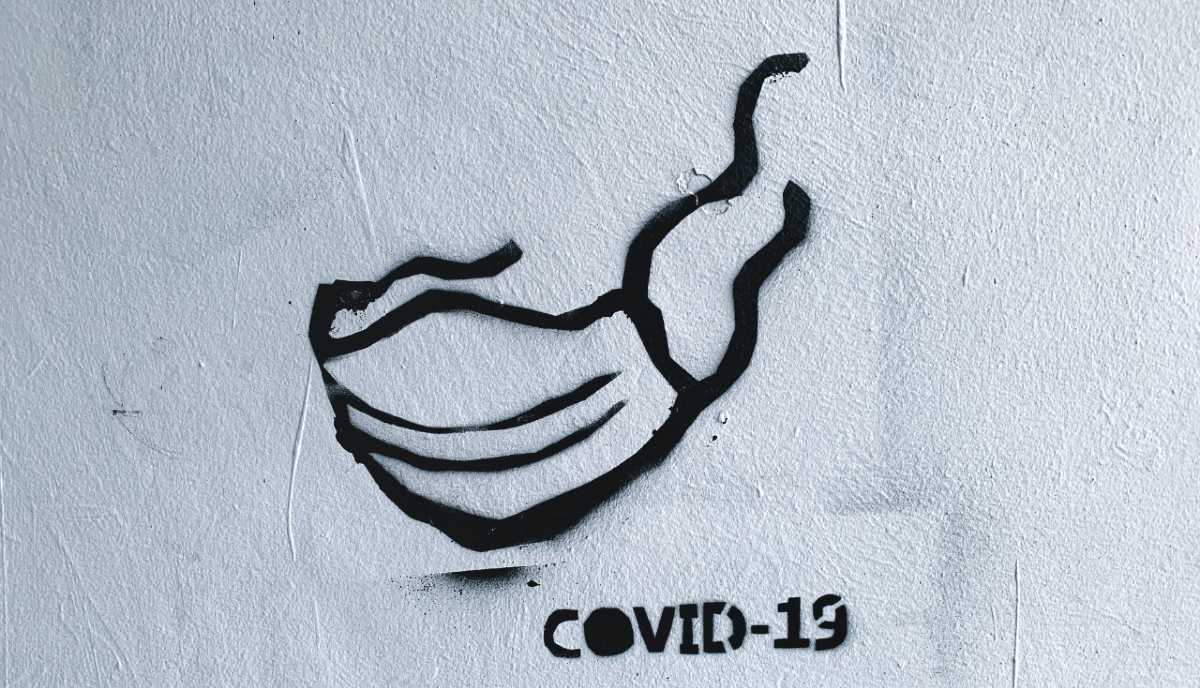
An unexpected medicine for the pandemic: humility
Why are we all so polarised?
street art in Warsaw / Adam Nieścioruk on Unsplash
2020 has been a year of surprises. No one predicted that lives and economies would be turned upside down by the coronavirus on New Year’s Eve 2019 – but here we are 400,000 deaths later at the hands of a virus which scientists still do not understand.
One of its most fascinating features is cultural: the politicisation of the pandemic. Instead of presenting a united front against a common enemy, liberals and conservatives staked out positions on epidemiology, a field of medicine so arcane that most them could not have spelled it correctly last year.
One of the best commentaries on this puzzling phenomenon comes from Yuval Levin, in the latest issue of The New Atlantis.
It is essential in the midst of a crisis to remain flexible and to learn from new evidence. We are confronting reality, not just a set of partisan spectacles. The virus is what it is, regardless of what we think of it, what the president tweets about it, or what other priorities we might have. That means we need to conform our responses to the reality of the pandemic, even as our understanding of that reality changes.
We also need to give our leaders the space to adjust, and not hold it against them or try to score cheap points when new information causes them to change course. And we need to demand that the technical experts who advise both politicians and the public acknowledge the limits of their knowledge and try their best to separate their judgment of the available facts from their political preferences.
And what may be most challenging of all, we will have to acknowledge that the facts may not turn out to be convenient. We will need to consider the possibility that the unkempt cranks who dissent from the common wisdom may be right sometimes, and that the smug technocrats who pronounce that common wisdom might be too. We just don’t know for sure. So we will need to act prudentially on our convictions of the moment, but not immediately question the motives, the intelligence, or the sanity of people who come to different conclusions after an honest assessment of the facts. We will need to acknowledge that our knowledge is tentative, and could turn out to be wrong …
The virus has demanded a lot from our country, and Americans have been willing to make great sacrifices to address it. But to defeat it, we will also need to be willing to temper our powerful inclination to polarize and tribalize, and we will need to demand more of political leaders, of public health experts, and of ourselves. Success in the coming months depends on our ability to build up habits of humility — and those would serve us well far beyond this crisis too.
Michael Cook is editor of BioEdge
Creative commons
https://www.bioedge.org/images/2008images/street_art_2.jpg
coronavirus
- How long can you put off seeing the doctor because of lockdowns? - December 3, 2021
- House of Lords debates assisted suicide—again - October 28, 2021
- Spanish government tries to restrict conscientious objection - October 28, 2021
